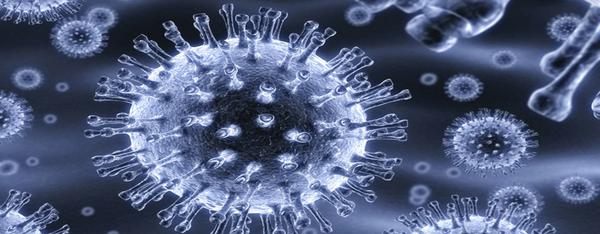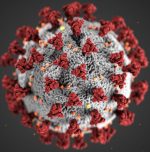Indian scientists achieve 82% Reduction in Newborn Sepsis Deaths

Scientists from Bangalore have found a new technique which is saving the lives of many newborn babies. With the newly invented diagnostic technology, they were able to detect neonatal sepsis faster and more accurately.
The team of scientists behind this technology also conducted an experiment at JIPMER, Puduchery which proved that their technology has helped in achieving 82% drop in neonatal deaths. Neonatal sepsis is a very dangerous problem affecting the mortality rate. It has a high death rate of 18-36%. The main problem regarding it is not the inability of health professionals to treat the illness, but the inability to treat it on time.
Sepsis is generally identified through a blood culture test. These blood cultures are not fast. Only some people get the results in 36 hours. In most cases, it takes 72 hours for the results to arrive.
This means, in the meantime, doctors have no choice but to give medicines based on empirical knowledge. Due to this, in most cases, by the time the results arrive, the infection would be out of control. Due to such delay, many lives were lost.
Thanks to the new technology from a startup in Bangalore, this problem is being solved. With the new technology, the time has been cut from 72 hours to 24 hours. As a result, doctors are able to start their treatment faster and save lives better.
The medical breakthrough is made by a team of scientists from a diagnosis startup called XCyton. XCyton is based in Bangalore.
Dr. Ravi Kumar Banda is the principal scientist behind this invention. He is also the founder of Xcyton. The system they developed is called the Syndrome Evaluation System (SES). After testing the effectiveness of SES, it was found that there was a drastic reduction of 82 percent in death rates. This is because of the faster results produced by SES.
Image Reference: TheBetterIndia









Leave a Reply